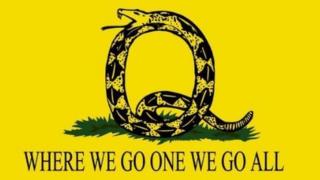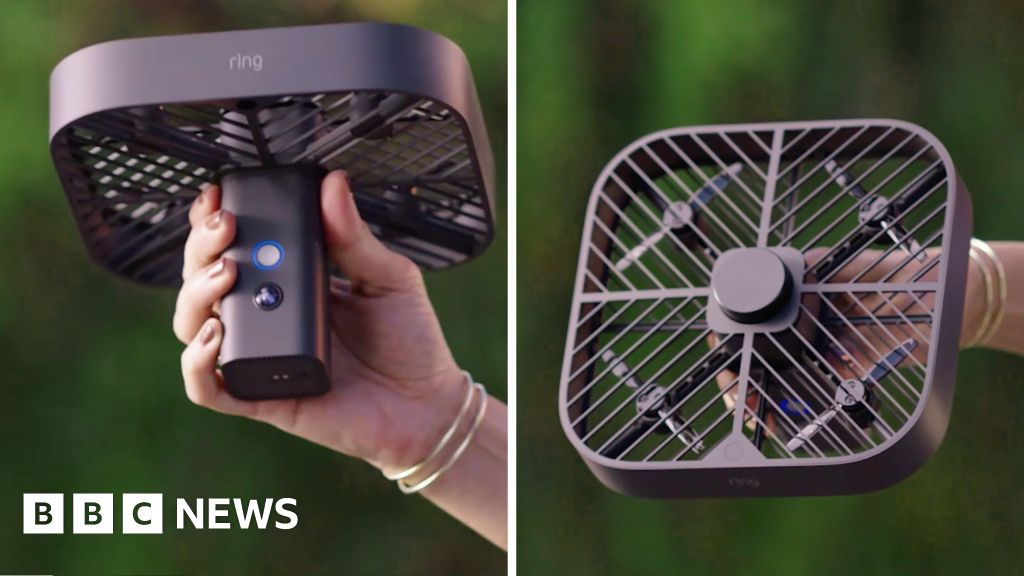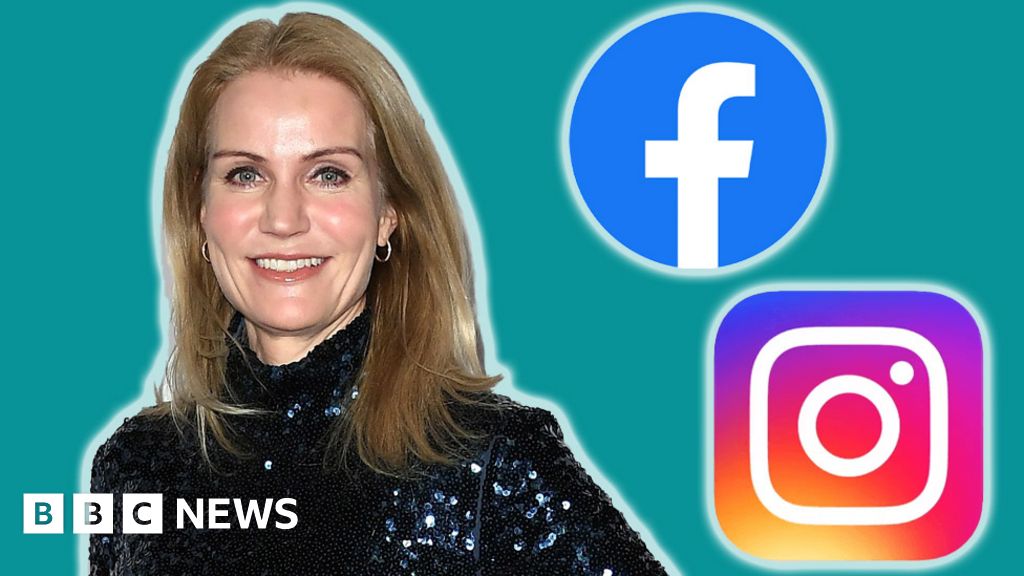 Image caption
This symbol and slogan has become an emblem of QAnon
Image caption
This symbol and slogan has become an emblem of QAnon
Facebook has deleted a large group dedicated to sharing and discussing QAnon conspiracy theories.
QAnon is a wide-ranging, unfounded conspiracy theory that a "deep state" network of powerful government, business and media figures are waging a secret war against Donald Trump.
A Facebook spokeswoman said the group was removed for "repeatedly posting content that violated our policies".
Last month both Twitter and TikTok also cracked down on QAnon content.
Twitter banned thousands of accounts and said it would block QAnon urls, while TikTok deleted hashtags that signposted QAnon videos.
The deleted Facebook group, called Official Q/Qanon, had nearly 200,000 members.
There are, however, many other QAnon groups that are currently still active on the platform.
QAnon followers are mainly supporters of the US president.
Reuters reports that Official Q/QAnon "crossed the line" on bullying, harassment, hate speech and the sharing of potentially harmful misinformation.
The FBI last year issued a warning about "conspiracy theory-driven domestic extremists" and designated QAnon a potential domestic extremist threat.
What is QAnon?
By Shayan Sardarizadeh and Jack Goodman, BBC anti-disinformation team
QAnon is a wide-ranging, unfounded conspiracy theory that President Trump is having to fight against a clandestine "deep state" network of political, business, media and entertainment elites, often involving satanic plots and child trafficking.
QAnon began in October 2017 on the anonymous message board 4chan. A user claimed to have top-security clearance within the US government and signed off their posts anonymously as "Q" - hence the name QAnon. Q communicates in cryptic posts and claims to be involved directly in a secret Trump-led investigation of a global network of child abusers.
QAnon followed on from the "pizzagate" saga in 2016 - a fake theory about Democratic Party politicians running a paedophile ring out of a Washington pizza restaurant.
QAnon influencers have big audiences on social media. They urge followers to "do their own research" - in other words, watch YouTube videos and talk to other supporters - to solve Q's puzzles. In its nearly three years of existence, the conspiracy has drawn huge traffic on Facebook, Twitter, Instagram, YouTube and Reddit, attracting hundreds of thousands of dedicated followers. This includes celebrities and dozens of candidates running for Congress this year.
During the coronavirus pandemic, Q influencers have spread unfounded theories about coronavirus, calling it a "deep state" hoax and have promoted misinformation about face masks and vaccines.

 5 years ago
867
5 years ago
867 

